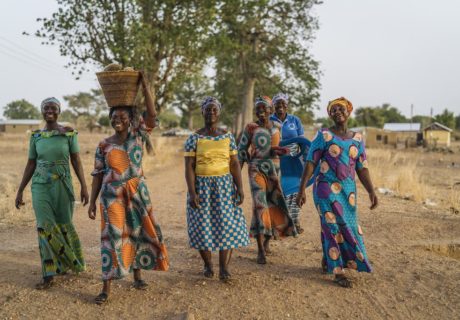New research commissioned by The Pull Agency has found that Generation Z is the age group most concerned with natural ingredients when it comes to beauty and health, with 58% drawn to products made with natural ingredients.
The figures, from a survey of 1,200 UK consumers, show that 51% of Generation Z shoppers (more than any other age group) want to know if a product is cruelty-free and 42% are interested in whether a product has recycled packaging.
“Health and beauty brands keen to appeal to Generation Z shoppers need to demonstrate a natural, sustainable and responsible approach to product development,” Claire Rance, head of brand strategy at The Pull Agency. “With shoppers now starting their beauty purchases at age 12 or even younger, the opportunity is considerable for brands that get it right.”
Generation Z are the most likely to scope out their options online, then make their purchases on the high street (33%), where 48% will shop in chemists like Boots or Superdrug, but 10% will buy from a specialist beauty/health shop such as Holland & Barrett or The Body Shop.
Health and beauty brands keen to appeal to Generation Z shoppers need to demonstrate a natural, sustainable and responsible approach to product development
The also research revealed that over half of Gen Zers (52%) discover new looks/trends on Instagram, and they are the demographic most influenced by product ratings and reviews (83%). They are also the most likely (33%) to be swayed by health and beauty influencers – but only one in seven (14%) are influenced by celebs. However, like every other generation, they are also most likely to discover and purchase new products in bricks and mortar stores.
“It’s no surprise that the beauty industry is keen to attract Generation Z shoppers,” adds Rance. “It’s also clear that young people are hungry for relatable influencers who care about the same issues, and they’re becoming increasingly tired of seeing success portrayed as beauty, money and popularity. With this we see the rise of the rejection of perfection and more influencers ‘getting real’, talking about body confidence and the cultural issues that really matter.”
Image credit: The Pull Agency





